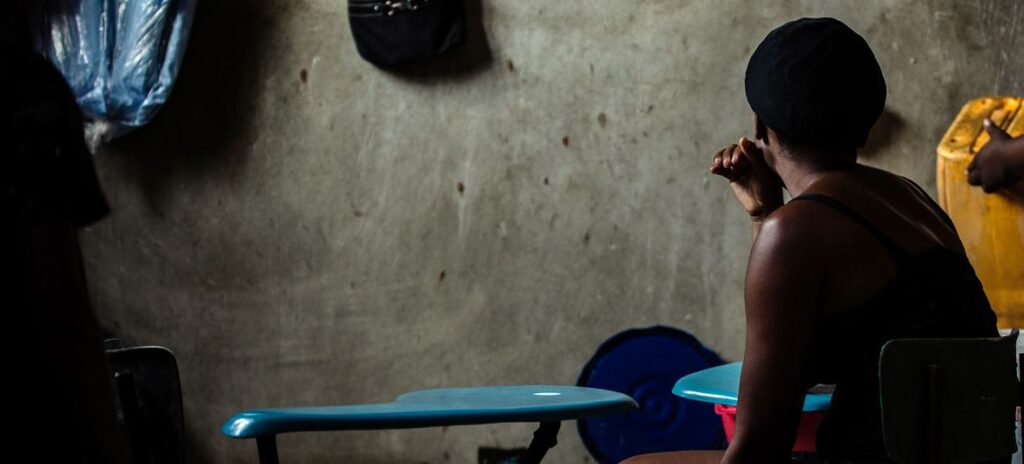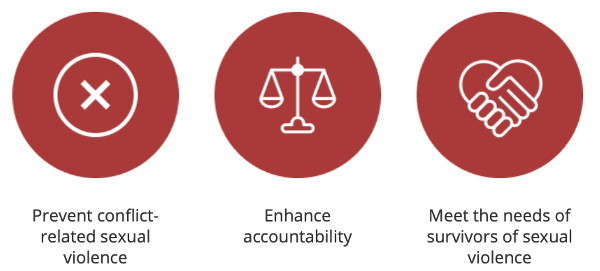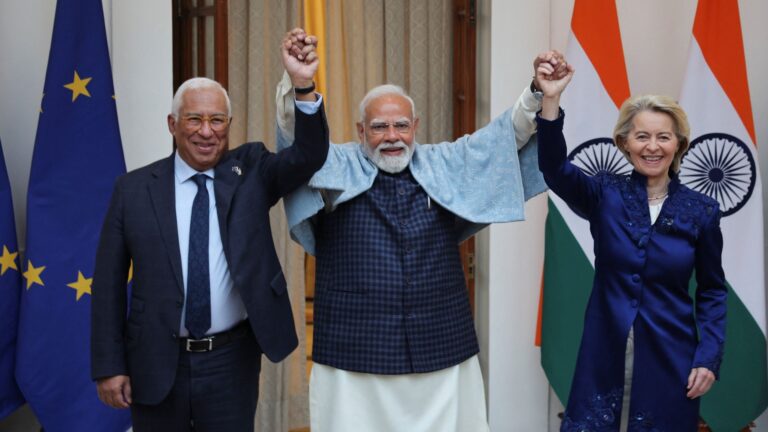
The theater of war is not limited to the battlefield. Sexual violence, which turns bodies into battlefields and causes unspeakable suffering to those caught in the crossfire, is becoming a more common tactic, according to the UN.
The Scope of the Sexual violence
The UN reports that State and non-State actors committed violations in 21 countries. The highest numbers occurred in CAR, DRC, Haiti, Somalia, and South Sudan, according to the Secretary-General’s annual report.
The victims, who ranged in age from one to 75, included men, boys, people with different sexual orientations and gender identities, members of racial and ethnic minorities, and some people with disabilities. However, women and girls accounted for 92% of the victims.
The Office of the Special Representative warned the statistics greatly underestimate the global scope and frequency of conflict-related sexual violence. Attacks involved extreme violence, with stigma pushing survivors and children of wartime rape into deep social and economic marginalization.

Why Sexual Violence is Used as a Weapon of War
The report states that detention authorities have alarmingly increased sexual violence, frequently using it to torture, humiliate, and extract information. Although perpetrators targeted women and girls, they inflicted the greatest impact on men and boys.
Non-state armed groups committed such crimes to enforce extremist ideologies and consolidate control over resources and territory.
Food insecurity, mass displacement, and the widespread availability of small arms were mentioned as additional risk factors.
The report also pointed out that conflict parties regularly prevented or limited survivors’ access to humanitarian aid. “The unprecedented severity and scale of destruction of healthcare facilities, and attacks, harassment and threats against frontline service providers, has severely hampered access to life-saving assistance for survivors,” said Pramila Patten, the Special Representative on Sexual Violence in Conflict.
Obstacles to Justice and Accountability
Achieving justice for sexual violence in conflict zones like Gaza faces underreporting due to stigma, fear of retaliation, cultural barriers, and limited survivor support. Evidence collection suffers from insecurity, destroyed infrastructure, delayed reporting, and inadequate forensic capacity, hindering documentation of these crimes amid ongoing hostilities. Impunity persists due to weak justice systems, political reluctance, rare prosecutions, amnesty, and challenges proving command responsibility in sexual violence cases.
Political complexities, restricted access for observers, and allegations against multiple actors severely obstruct impartial investigations and accountability mechanisms. Addressing these challenges needs survivor protection, stronger legal systems, political will, and breaking societal silence with awareness and accountability. Sustained multi-sectoral efforts are vital to fight impunity, ensure investigations, uphold survivor justice, and prevent future conflict-related sexual violence.
The UN’s Recommendations
The Report of the Secretary-General on Conflict-Related Sexual Violence urged all parties to adopt clear orders prohibiting sexual violence, ensure accountability, and grant unimpeded UN access for monitoring and service provision.
“The promise expressed by the Security Council through its six dedicated resolutions on conflict-related sexual violence is prevention,” Ms. Patten said. “We owe survivors more than solidarity; we owe them a life of dignity, and effective and decisive action to prevent and eradicate these crimes.”
Everyone must never forget the atrocities of sexual violence in conflict. Holding perpetrators accountable and supporting survivors can honor those who suffered. Addressing systemic inequalities can help ensure such crimes remain in history.
For more such informative articles stay tune at The World Times.



